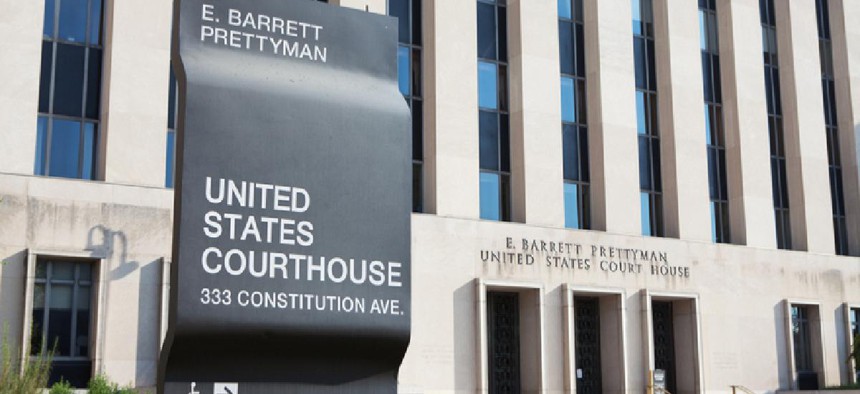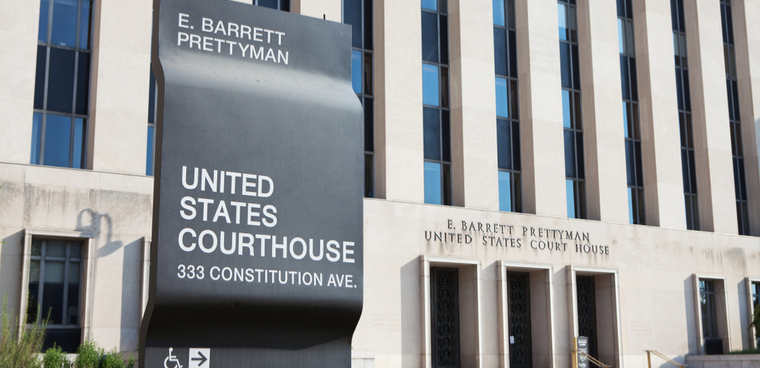Judge cautions White House over shutdown recalls

A U.S. District judge said that planned recalls of feds during shutdowns for activities not directly related to protecting life or property could violate the Antideficiency Act.

A U.S. District judge warned the Trump administration over its plan to recall some 36,000 Internal Revenue Service employees and cautioned that obstacles preventing feds from pursuing outside income could be grounds for injunctive relief.
At a Jan. 31 status conference covering three lawsuits pending against the Trump administration over different aspects of workforce policy during government shutdowns, U.S. District Court Judge Richard Leon said the plan to recall thousands of tax processing workers was something the government needed to address "very carefully" in future proceedings.
"The government, at first blush, has a very steep uphill battle," he said, also noting it was "inappropriate to prejudge" the case.
Lawsuits on behalf of federal employees centered around the practice of requiring some federal employees to work without pay, and sought injunctions and temporary restraining orders against the government.
The lawsuits are continuing despite a temporary funding bill that opened the government through Feb. 15.
"I'm very concerned… [whether] it's consistent with the Antideficiency Act," he said, saying it's "not the same as" keeping air traffic controllers working during a shutdown.
Of the 36,000 IRS employees the government ordered to come back to work, about 32,000 of them were to process tax returns, said Paras Shah, assistant counsel with NTEU.
Shah added that even the 4,000 employees called back to protect life or property "seemed fishy."
Leon also took issue with the obstacles feds face in pursuing means of outside income during a shutdown. The government's defense "needs to be more fully developed… in regard to any future pleadings," he said, adding this could be "an area where injunctive relief would make a lot of sense."
Leon scheduled a preliminary injunction hearing Feb. 22 in the event of another government shutdown, a date selected because it is a scheduled payday for federal employees. If the government is not shutdown, he said he would convert the hearing into another status conference to go over where each side's arguments stood.
Shah said even if a funding deal is reached before the Feb. 15 deadline, "we still expect our litigation to continue" challenging the constitutionality of requiring federal employees to work without pay during a lapse in appropriations.
NEXT STORY: Survey: Feds fear a second shutdown


